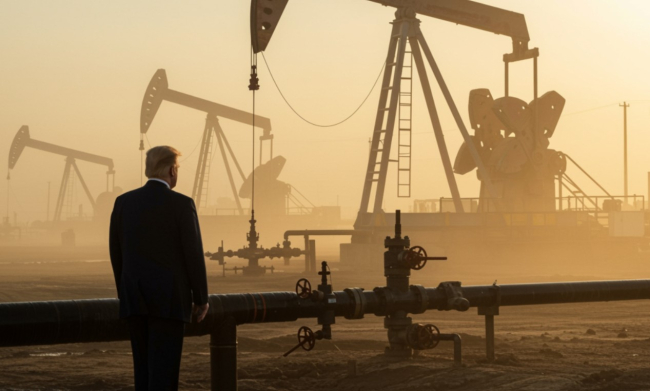
Practical information
The world economy is in upheaval and no one can escape. After more than a decade which celebrated the virtues and success of globalization, the crisis which opened in 2007 has brought much into question The world tends to become multipolar ; each region must redefine its international integration, this being particularly challenging for Maghreb countries. To answer this question, Ifri has launched a research programme, the so-called "Maghreb and its regional and international environment"
This conference organized by Ifri, in partnership with the Centre Marocain de Conjoncture, will bring together North African and European researchers and experts ; it will address various issues such as :
- Maghreb's experience and potential compared with other regions of the world;
- The increasing economical presence of China and India in the Maghreb countries;
- The economical relationship with Gulf countries and USA.
Economical forecast of Maghreb countries on Sub Saharan Africa will also be reviewed.
Speakers
Other events

U.S. Energy Policies Under President Trump, Six Months on: Implications and Perspectives
The Trump administration has a strong and determined view on energy policies, with objectives to boost cheap, firm energy supplies for the US economy and the world and achieve energy dominance. Six months after taking office, this seminar aims at discussion the administration’s first moves and their implications for the US economy and beyond.





